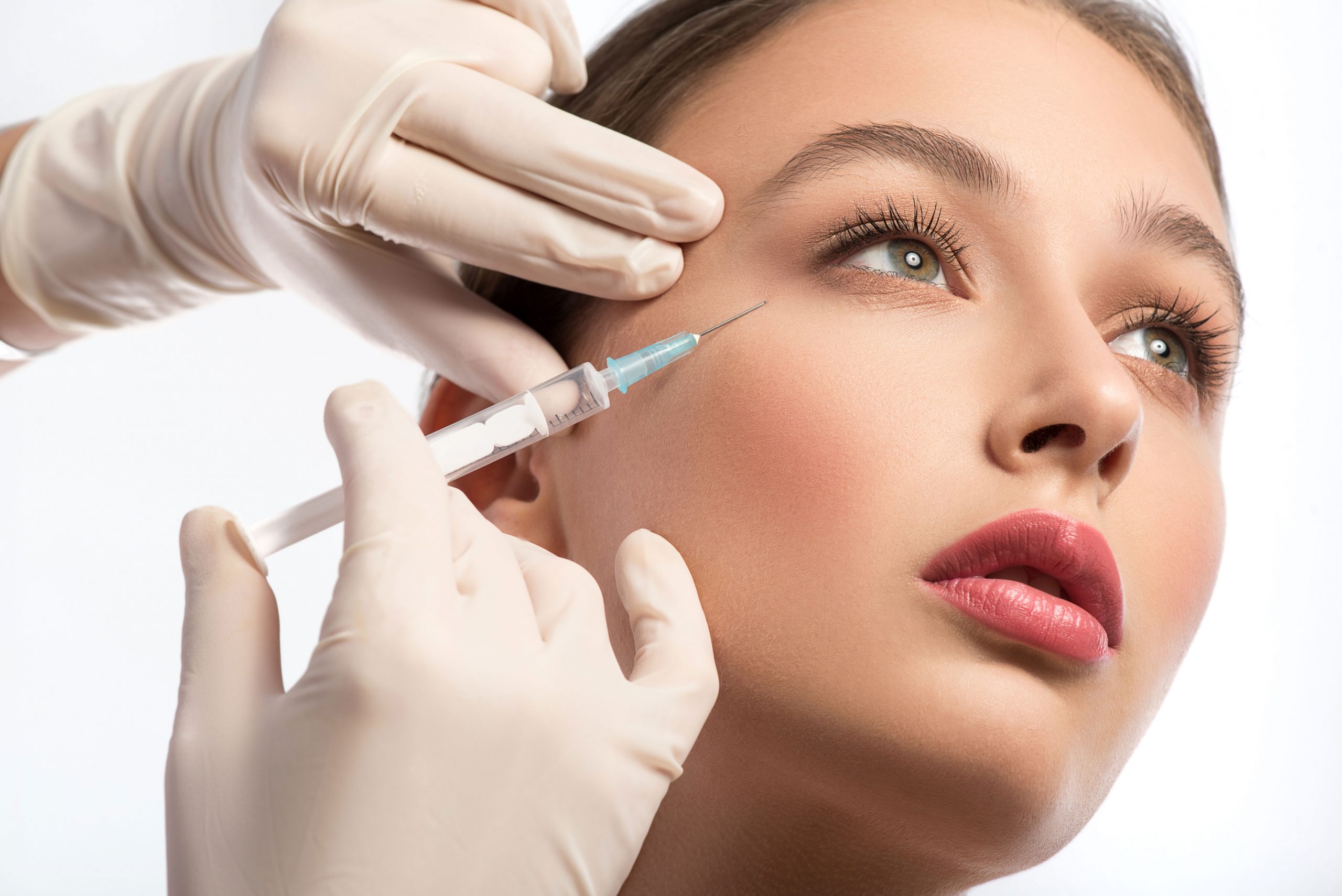
Is Botox Addiction Real?
By: Juliane-Kristine Morris
Facial lines share our history of smiles, laughter, tears, furrowing, sun exposure, nutrition, stress and more.
We cannot help but own the topographical map that is our face.
By the time a person is in their 30s or 40s, the production of collagen and the turnover of cells begins to slow down. Signs of aging, environmental exposure, personal choices and habits, and other circumstances begin to show on a face–as creases, lines and wrinkles. Some people receive injections of Botox to help temporarily diminish the appearance of facial lines and wrinkles. Botox has the effect of temporary muscle paralyzing or weakening, and most people have two to six sessions a year. Although Botox is deemed relatively safe, long-term effects are still being studied. In 2016, researchers found that higher doses of Botox can move along nerve cells further than intended, so smaller doses via injection were indicated for the temporary reduction of wrinkles. Can a person become “addicted” to Botox treatments? What are the risks of Botox, and are there alternatives?
The good news is that Botox does not have a chemical composition with addictive qualities, like an opioid might, however as beauty is in the eye of the beholder, what a person sees in the mirror might lead to more frequent Botox injections that may in fact have little or no effect–or a person could have a frozen, expressionless face if over-injected. There are limitations of what Botox can and cannot do. More sessions do not translate to better outcomes and fewer wrinkles.
alternative to Botox
A so-called alternative to Botox is Natox which has been advertised as a “100% organic and natural Botox-like formula that minimizes fine lines and wrinkles by going through the layers of the skin.” Natox is said to be clinically proven to reduce fine lines and wrinkles and give people smoother, younger-looking skin as a result. It has been marketed as an effective and painless alternative to injections and is said to be a natural alternative to Botox, however that information has yet to be proven in a medical or scientific setting.
Topical options do not seem to produce the same sort of results as Botox and similar (e.g., Dysport) injections. And, while you cannot become physically addicted to the chemical composition of Botox, you do want to keep your expectations of realistic outcomes at a reasonable level. Consult with a trusted dermatologist about Botox-related reasonable expectations.



